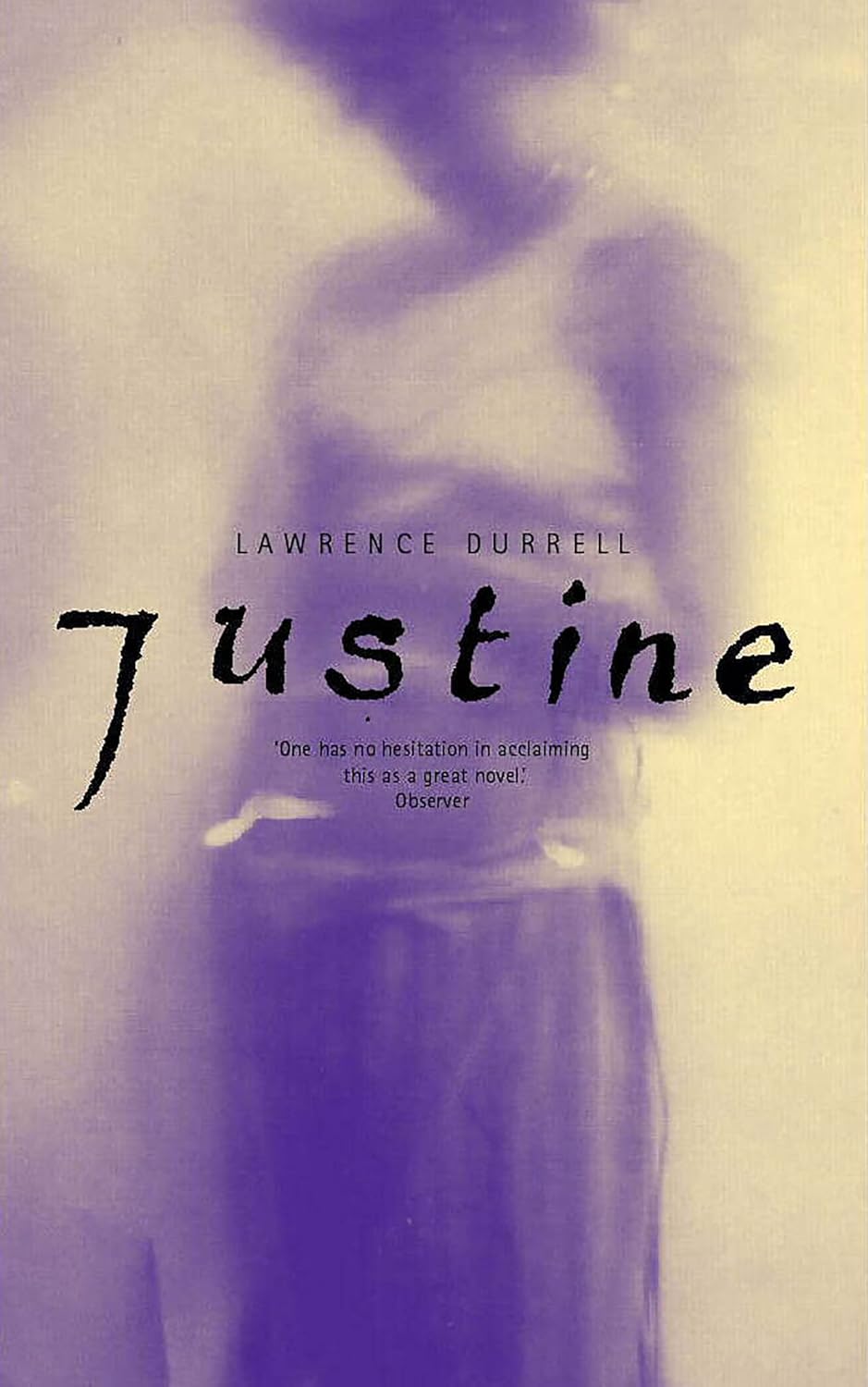About this deal
Culture Trip launched in 2011 with a simple yet passionate mission: to inspire people to go beyond their boundaries and experience what makes a place, its people and its culture special and meaningful — and this is still in our DNA today. We are proud that, for more than a decade, millions like you have trusted our award-winning recommendations by people who deeply understand what makes certain places and communities so special.
Like many other children of the British Raj, at the age of eleven, Durrell was sent to England for schooling, where he briefly attended St. Olave's Grammar School before being sent to St. Edmund's School, Canterbury. His formal education was unsuccessful, and he failed his university entrance examinations. He began to write poetry seriously at the age of fifteen. His first collection, Quaint Fragments, was published in 1931, when he was 19. Hoops, Wiklef. Die Antinomie Von Theorie Und Praxis in Lawrence Durrells Alexandria Quartet: Eine Strukturuntersuchung. Frankfurt: Peter Lang, 1976. a b c d e f Ezard, John (29 April 2002). "Durrell Fell Foul of Migrant Law". The Guardian . Retrieved 30 January 2007.Prospero's Cell: A guide to the landscape and manners of the island of Corcyra [Corfu] (1945; republished 2000) ( ISBN 0-571-20165-2) Journals and Letters [of] Sappho Durrell". Sappho Durrell, quoted posthumously in a lengthy review of an "edited selection from the journals and letters [of Sappho Durrell] ... drawn mainly from 1979". Granta 37. 1 October 1991 . Retrieved 14 October 2020.
Our senses glean information about their object "like pieces of a broken wineglass". Then, our minds reassemble them (even if they can't be reassembled in real life). Character, insofar as it is equally an object, is described in the same manner: a b c Lillios, Anna (2004). Lawrence Durrell and the Greek World. Susquehanna University Press. ISBN 978-1575910765 . Retrieved 26 June 2013. One more thing: I don't think this book gives an accurate picture of Alexandria in the 30s. It overemphasizes the negative. All cities house whores and sexual deviants. Little of that which is nice is described. Will the following books be more balanced? I hope more is related about the city's multicultural atmosphere rather than focusing on aberrant sex. I came across Gerald Durrell when I was in my mid-teens. I can’t remember whether it was for a class, or while re-shelving books (I worked in the school library), or maybe just chance. In any case, I found Catch Me a Colobus (with which for years I confused Philip Roth’s Goodbye Colombus). I read it, was enthralled, and over the next few years bought and read most of Durrell’s other books. In 1957, Durrell published Justine, the first novel of what was to become his most famous work, The Alexandria Quartet. Justine, Balthazar (1958), Mountolive (1958), and Clea (1960), deal with events before and during the Second World War in the Egyptian city of Alexandria. The first three books tell essentially the same story and series of events, but from the varying perspectives of different characters. Durrell described this technique in his introductory note in Balthazar as "relativistic." Only in the final novel, Clea, does the story advance in time and reach a conclusion. Critics praised the Quartet for its richness of style, the variety and vividness of its characters, its movement between the personal and the political, and its locations in and around the ancient Egyptian city which Durrell portrays as the chief protagonist: "The city which used us as its flora—precipitated in us conflicts which were hers and which we mistook for our own: beloved Alexandria!" The Times Literary Supplement review of the Quartet stated: "If ever a work bore an instantly recognizable signature on every sentence, this is it."
Success!
Scobie’s story comes to an end when he is murdered by British sailors in a hate crime against his lewdness and sexual identity. A painter named Clea mentioned briefly in Justine is revealed to have a close friendship with Darley and is wary of Narouz’s desire for her. Justine learns of a masquerade, where her friend Toto de Brunel is stabbed; it is revealed that he is wearing her ring. Balthazar concludes the volume by commenting philosophically that each fact or event in life is predicated by multitudes of inexplicable motivations. Notwithstanding the focus on separation and disintegration, there is a constant desire for unity and harmony, as if it might be a return to an original or lost state.
 Great Deal
Great Deal 